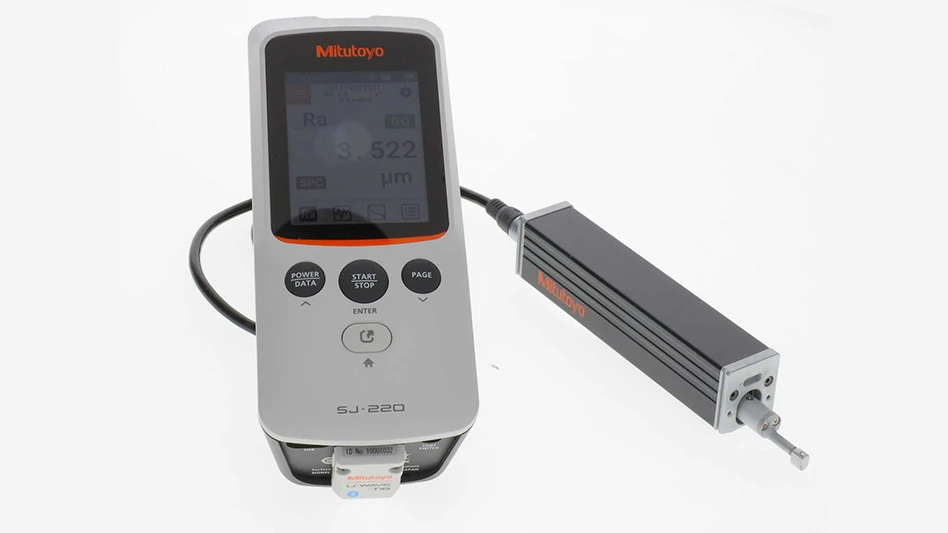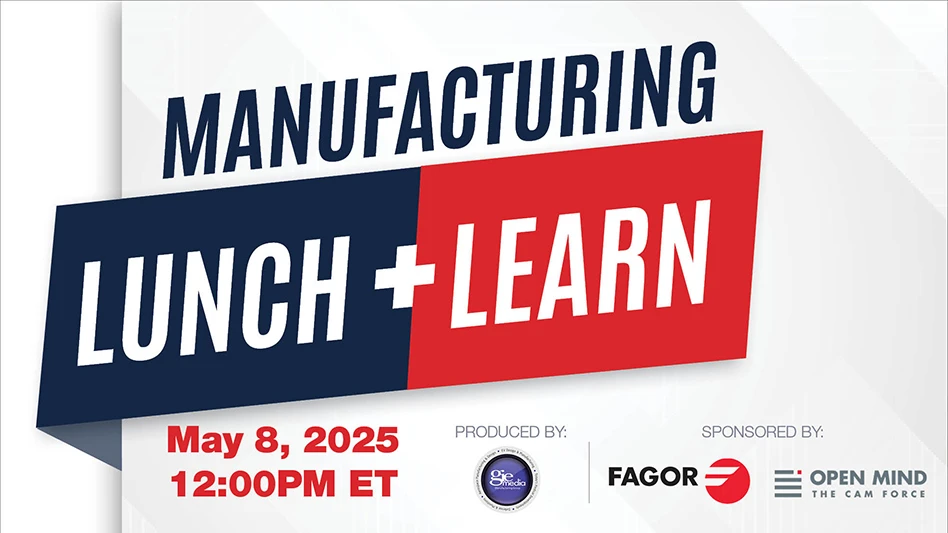
CREDIT: ZeroTo510
Epicenter, Memphis’ leading destination for entrepreneurs, startups and corporate innovators, has selected five game-changing medtech startups to participate in the ZeroTo510 Accelerator, a nationally-recognized program that supports early-stage medtech founders looking to accelerate toward commercialization.
The ZeroTo510 Accelerator is known for its rigorous application process and attracting innovative, early-stage startups from across the country. The comprehensive 13-week go-to-market program is specifically designed to support medtech startups through essential business development stages. Participating companies receive a $25,000 investment.
The Fall 2024 cohort was chosen from a diverse pool of applicants spanning 15 states and prominent universities such as Cornell, Brown, Emory, University of Chicago, Vanderbilt, Stanford and Harvard, includes:
Corami: Corami is transforming the treatment of heart diseases by delivering therapeutics directly to the outer layers of the heart itself. The company's platform provides controlled, sustained release of therapeutics with GelCor hydrogel to the heart with the PerCor delivery device. This novel approach and platform has the potential to reduce effective dosing and off-target effects, known limitations in cardiac drug delivery, and help millions of patients recover and have a better quality of life. Corami’s corporate headquarters is headed to Memphis for ZeroTo510, while continuing to collaborate with researchers at Emory and Georgia Tech, where the platform originated.
MedTech Solutions: MedTech Solutions is innovating and revolutionizing the sacroiliac joint (SIJ) pain market by developing a patented, direct posterior stabilization and fusion product solution for the SIJ, known as Pegasis. SIJ dysfunction is responsible for up to 30% of all lower back pain, and over 40% of patients after lumbosacral fusions. Pegasis will aim to provide a safer, more direct and minimally invasive access to the sacroiliac joint thus potentially reducing operative times, complications and most importantly costs.
Motus: Motus has developed an electric wheelchair conversion kit to enhance mobility and independence for manual wheelchair users. This cost-effective solution converts existing manual wheelchairs into electric ones, eliminating the need to buy expensive new equipment. The kit is lightweight, foldable, and compatible with 90 percent of manual wheelchairs, making it easy to install and widely accessible.
Popcheck: PopCheck Technologies has a cutting-edge remote monitoring platform designed for post-operative patients, utilizing AI to analyze patient health data, including social determinants, reported symptoms and biometric data from integrated wearables. The platform's first device, an adhesive-based wearable, non-invasively monitors patients for surgery-related venous blood clots in real time, helping prevent complications. By incorporating social determinants of health into their algorithms, they provide a more comprehensive view of patient recovery, enabling personalized interventions to reduce readmissions and associated costs.
Qubee Medical: Qubee has engineered a new dialysis access port system designed to improve patient outcomes and reduce treatment costs. With the number of dialysis patients projected to grow from 2.4 million to 3.8 million by 2030, Qubee's solution addresses common issues like infection, clotting, and pain. Their reliable, easy-to-use device offers effective detoxification and aims to enhance the dialysis experience for millions of patients worldwide.
“Since our first cohort in 2012, ZeroTo510 has built a national reputation as a premier destination for early-stage medtech companies to establish, develop and commercialize their products,” says Olaf Schulz director of Venture Development and Zeroto510 at Epicenter. “This is a truly exciting group of diverse and innovative leaders working on some really promising projects. We’re thrilled to be able to support their current work and future successes.”
Throughout the program, participants receive intensive training in critical areas such as business planning, product development, navigating the FDA regulatory landscape, reimbursement and payment strategies, manufacturing, supply chain management, pitching and fundraising. This robust curriculum ensures participating companies are well-prepared to navigate the complexities of bringing medical technologies to market.
The accelerator will culminate in a Demo Day on December 12, 2024, where participating companies will showcase their technologies to a diverse audience of investors, business leaders and alumni, providing a platform for growth and investment.
Since the program’s inception, ZeroTo510 alumni companies have raised more than $65M.
According to a 2022 report by the Greater Memphis Medical Device Council, the medical device industry has a $4.1 billion impact on the Memphis region, or about 5.5 percent of the Memphis GDP with the Memphis medical device cluster directly or indirectly supporting more than 18,000 jobs in the Memphis area.
Latest from Today's Medical Developments
- Aerospace Industry Outlook - Spring 2025, presented by Richard Aboulafia
- World’s smallest pacemaker is activated by light
- FANUC America’s ready-to-deploy cobot web tool
- #42 Lunch + Learn Podcast - Quell Corp
- Siemens accelerates path toward AI-driven industries through innovation and partnerships
- REGO-FIX’s ForceMaster and powRgrip product lines
- Roundup of some news hires around the manufacturing industry
- Mazak’s INTEGREX j-Series NEO Machines







